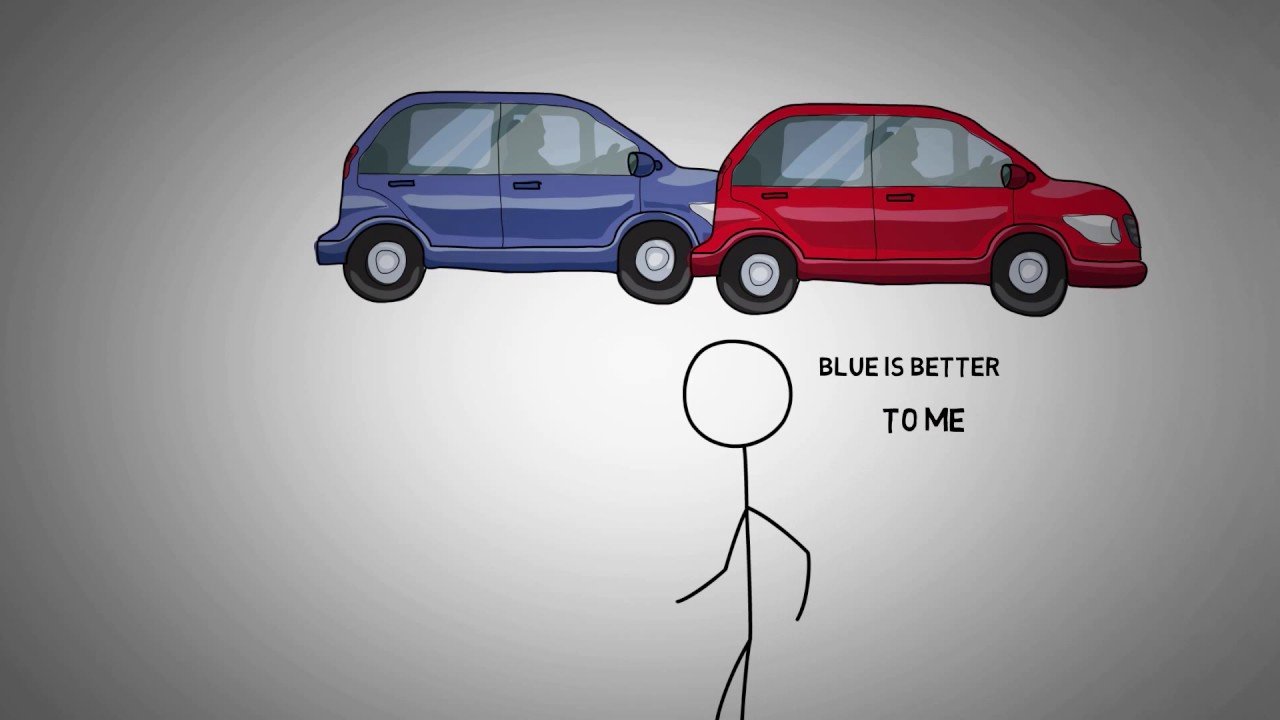Probability is a much healthier conversation than if I was to speak about risk, as the word risk conjures up a negative picture. The first rule of mathematics and statistics is that if there is anything unrepresentative about your sample set, you’ve got to compensate for it. And with marketing we tend to look at what happened last year rather than what’s going to happen next year, or in 5 years’ time. What we deal with as marketers is the future, and the future is to some degree unknowable. In fact, the only thing you can say with any certainty is the future is going to be very different from the past.
The speed at which change occurs varies, in some cases last year will be very similar to this year and in other times you may for example have a pandemic or a global inflation crisis, which means the future is unrecognisably different. The butterfly effect is the idea that small things can have non-linear impacts on a complex system. In other words, the butterfly effect rests on the notion that the world is deeply interconnected, such that one small occurrence can influence a much larger complex system.





















